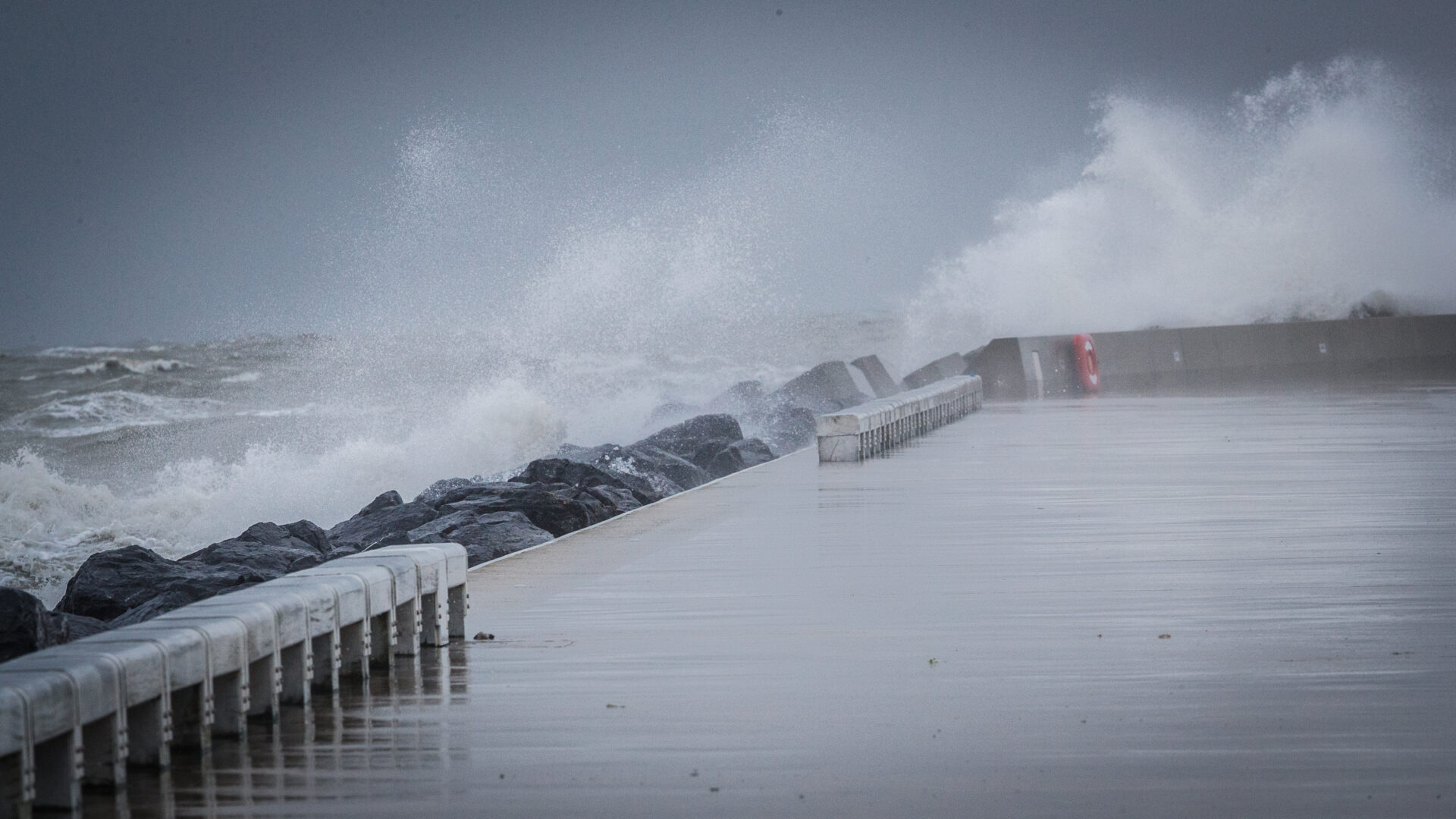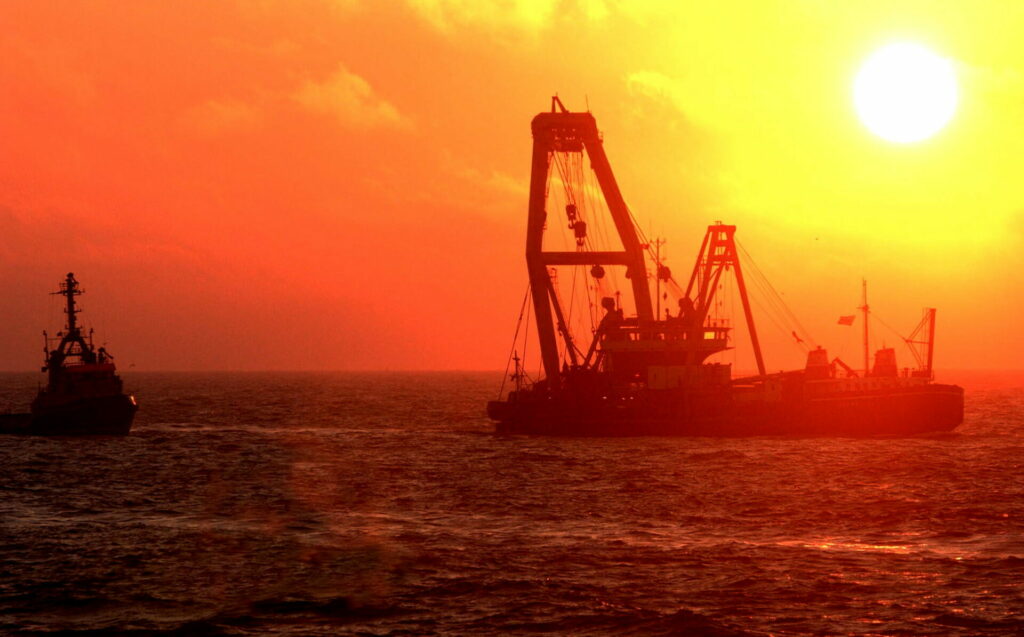The effects of climate change are becoming increasingly evident on land — the various wildfires this month being a clearcut example of this — however, the impact on seas and oceans is also becoming more apparent.
Various European countries, including Belgium, were engulfed by heatwaves in July. The Mediterranean Sea is currently being hit by an immense underwater heatwave as a result of the unusual heat that has been gripping Europe, which is now also having an impact on the North Sea.
"The heat on land led to a marine heatwave," Jan Seys of the Flemish Institute for the Sea (VLIZ) told Belga News Agency. The seawater is now about three°C warmer than usual in July, at around 19°C, while the beach water is around 21°C.
While, according to Seys, marine animals can more or less bridge this short peak in temperatures in the North Sea because of its mixed fisheries, the peaks in tropical and subtropical regions, and nowadays also in the Mediterranean Sea — the temperature of the seawater off the coast of Corsica and Nice rose to 30°C on Friday — can cause corals to bleach or toxic algae to form.
Impact on marine life
These marine heatwaves add themselves to an existing trend of general warming which has seen the temperature of the North Sea rise by 1.5°C in the past 60 years. "This is a major change for marine life and we can see it in the fish and other organisms," Seys said.
Codfishes, for example, have already moved north by 50 to 400 kilometres. Fish from warmer areas, such as sardines and anchovies, are also coming here more often. "This shift could be a major problem. Little will remain in the too-warm tropical area, and there will be no alternative for the species that are already close to the polar caps."
In the future, more frequent and more intense heatwaves are expected to cause major problems for marine life, as the impact on their habitat will increase.
Related News
- This summer will be hotter than average as 'seasons are disturbed by global warming'
- Experts warn of new threats such as forest fires to the marine environment
"Marine animals are not adapted to large fluctuations. They can overcome short peaks, but if heatwaves become more frequent and more intense, as predicted, this will cause major problems," Seys explained.
Aside from harming ocean life, underwater heatwaves also result in the air over land not cooling off as much, which can cause even more extreme heatwaves over land. In late summer and early autumn, it can also cause heavier rainfall, which in turn could result in flooding.
The longest marine heatwave ever recorded lasted from 2013 to 2016, and it wreaked havoc in the Northeast Pacific. The entire ecosystem in the area was disrupted, thousands of birds died, the number of jellyfish skyrocketed and harmful algae also got a boost, which in turn resulted in the poisoning of marine mammals.
Sea level rising accelerated
Rising land temperatures are seeing glaciers and ice sheets worldwide melt, adding water to the ocean, while the volume of the ocean is expanding as the water warms. These two factors are resulting in the sea level rising.
A report by the British Meteorological Office released on Thursday highlighted just how bad this phenomenon is at the moment. It found that, since the 1900s, the sea level has risen around the United Kingdom by around 16.5 cm, highlighting that the rate of the sea level rise around the UK is in fact increasing.

The UK is particularly vulnerable to flooding due to rising sea levels as an island nation. Credit: Belga
"Tide gauge records provide robust observational evidence that sea level around the UK continues to rise due to increased rate of ice loss from the Greenland and Antarctic ice sheets, as well as continued glacier mass loss and warming of the ocean," Dr Svetlana Jevrejeva from the National Oceanographic Centre, said.
The rate of increase was 1.5 mm each year in the early part of the last century, but over the past 30 years, the rates of increase have risen to 3 to 5.2 mm each year depending on the measuring location. This is exposing the island nation to larger and more frequent storm surges and wind-driven wave impacts.
Due to its island nature, the UK is particularly vulnerable to flooding as a result of rising sea levels. Another recent report warned that some coastal communities will have to be moved away from danger caused by the "inevitable impacts of a rising sea level."

